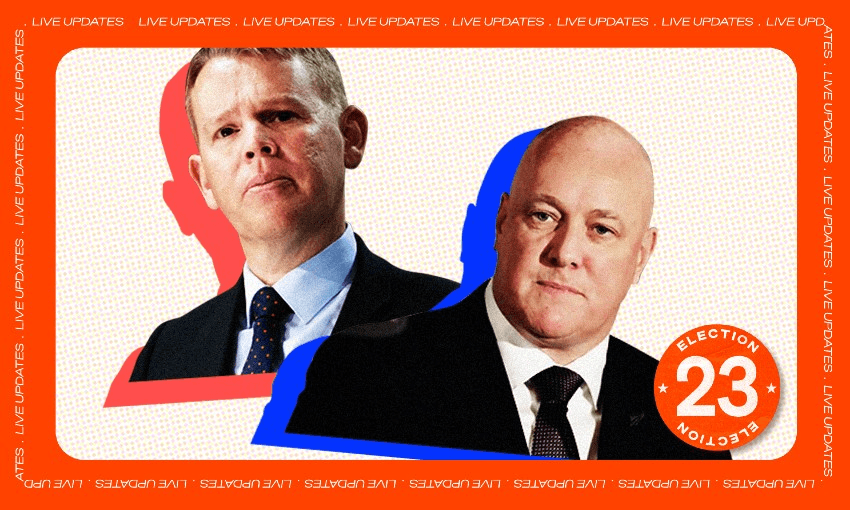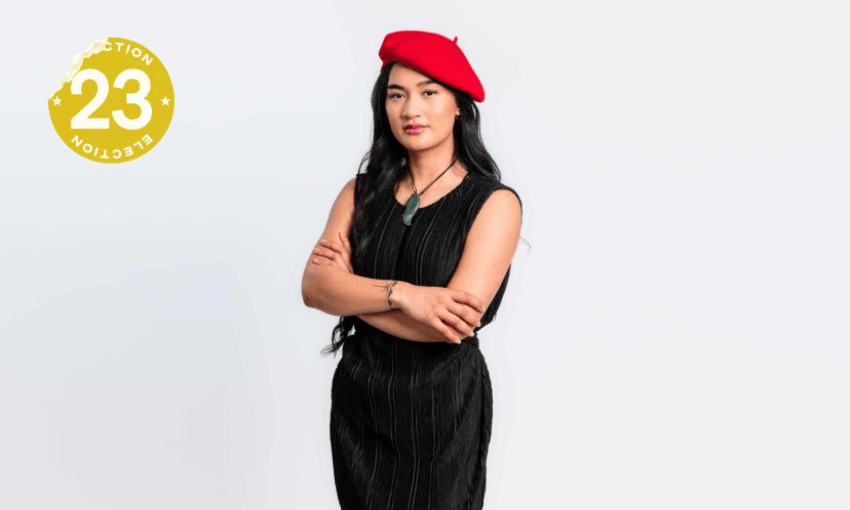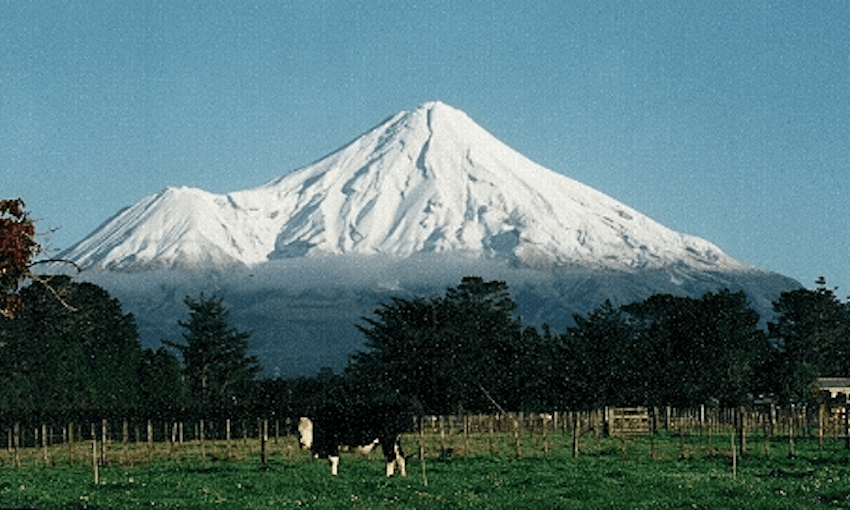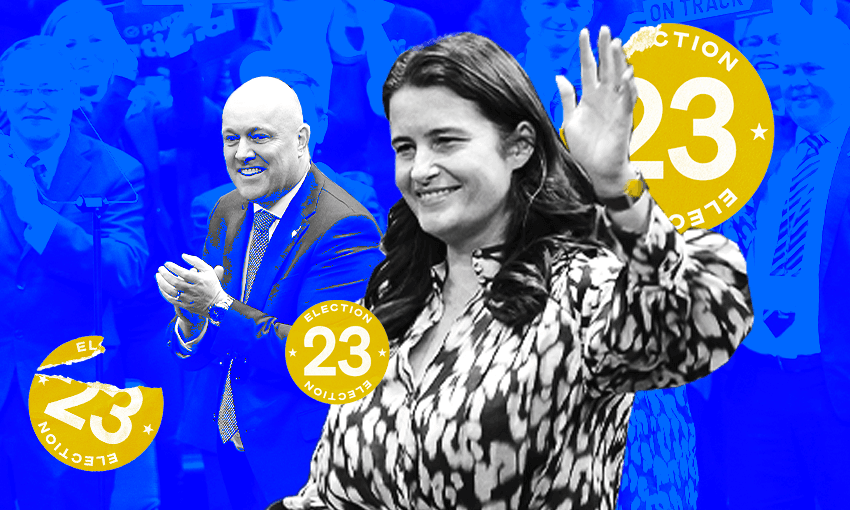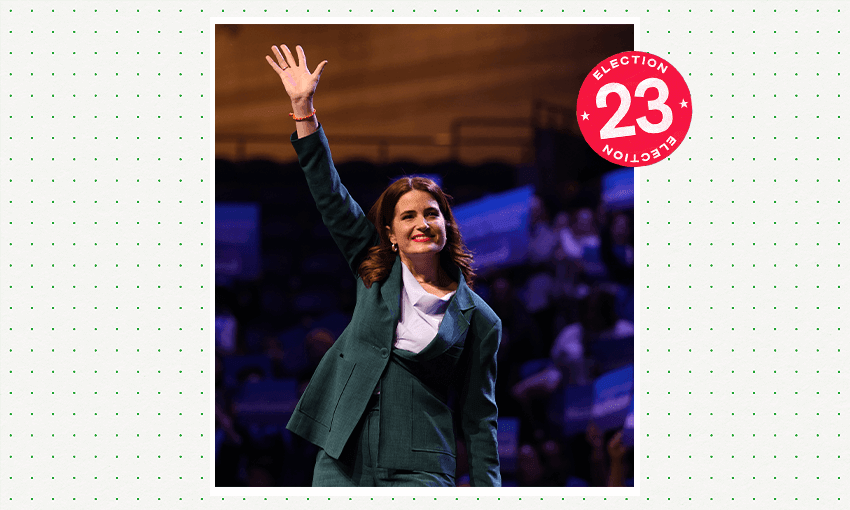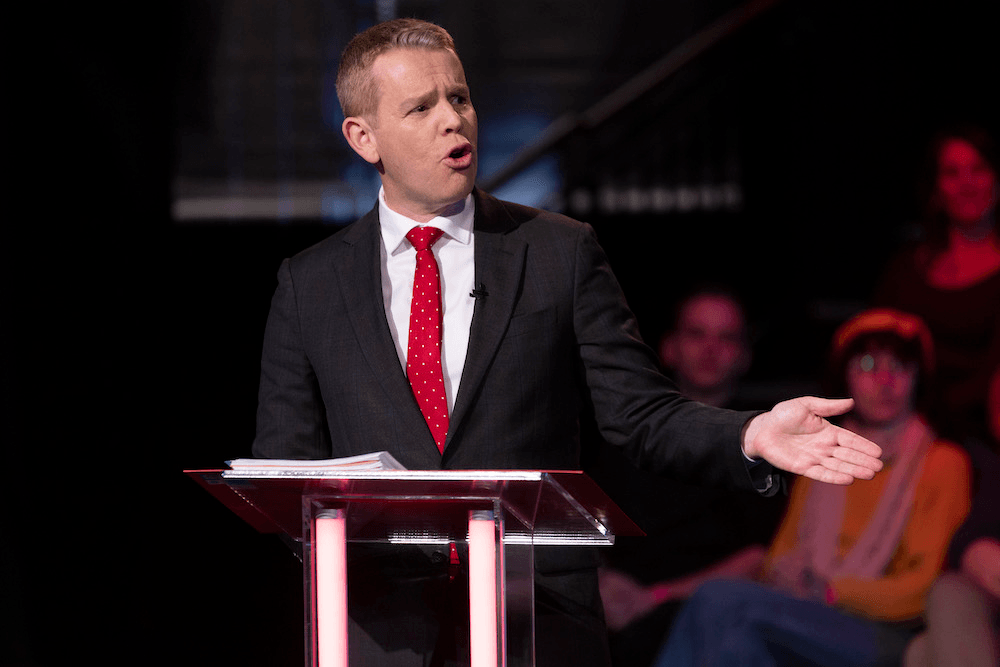Māori leaders, including Dame Naida Glavish, Tā Mark Solomon and Tukoroirangi Morgan, have released an open letter to politicians this morning calling on them to “call out racism and race-baiting and publicly condemn it”.
The letter appears to reference a line from National leader Christopher Luxon’s speech at Waitangi this year, where he referred to the Treaty as a “little experiment”.
“It is ignorant to call the signing of te Tiriti a ‘wee experiment’,” it says. Luxon clarified his comments after his speech, saying every country’s birth is an experiment.
The letter also appears to refer to the Act Party’s policy of “clearly defining the principles of the Treaty of Waitangi” by passing a Treaty Principles Act.
“It is ignorant to think you have a right to erase te Tiriti from legislation and rewrite it in your own words,” it says.
The letter supports Labour leader Chris Hipkins’ recent comments about racism and race-baiting by politicians. Hipkins challenged Luxon during the Newshub leaders’ debate on Wednesday night about working with NZ First, citing comments by NZ First candidate Rob Ballantyne made at a public meeting last week.
In a speech delivered in Kawakawa yesterday, Hipkins said he’d decided to “do something novel, and that’s tell the truth and stick to my values”.
“I’m going to be open and transparent about why I support a Māori Health Authority, why I believe in te Tiriti and why I think it’s important to our future that Māori and the Crown work together – and that when we do we are not only at our best as a country but whole new opportunities open up for all of us,” he said.
Hipkins took aim at “leaders who see anti-Māori positions as vote winner”, explicitly referencing National leader Christopher Luxon’s use of the phrase “one system for all” in answer to questions about the Māori Health Authority at the TVNZ leaders’ debate last week. Hipkins said these lines play on people’s fears that “Māori somehow get something other New Zealanders don’t”.
He also drew a line in the sand on leaders who play to the “middle ground”, keeping quiet “on Māori issues” “for fear of being seen as too ‘pro-Māori’ and losing votes.”
